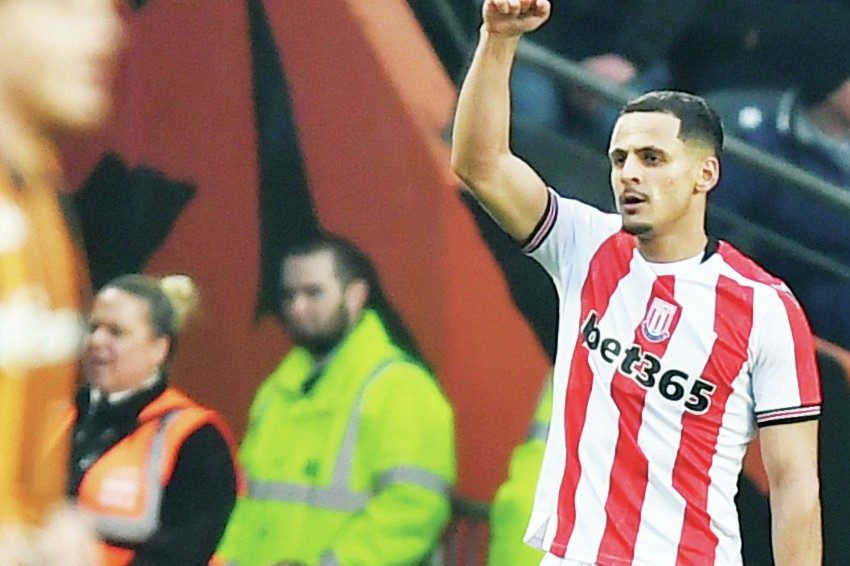
The relationship between football and gaming companies has been one of the most viable aspects of the modern game. From front-of-shirt sponsors to sleeve partnerships and digital activations, betting and gaming brands have cemented themselves as major players in football sponsorship over the past two decades. However, with the Premier League agreeing to ban gambling sponsorships on the front of shirts from next season, many are asking what that means for clubs in the English Football League.
The Premier League Ban
The Premier League’s decision marks a significant shift in the commercial landscape. While clubs can continue partnerships in other areas, including sleeves and stadium branding, the removal of front-of-shirt gambling sponsors will create a financial gap. For top-flight clubs with multiple global revenue streams, this may not be devastating, but it does represent the end of an era where betting brands dominated kits.
The ban has also been framed as a move to promote responsible gambling and address concerns about the visibility of betting to younger audiences. By taking proactive action, the Premier League has sought to balance its commercial interests with growing political and social scrutiny around gambling advertising in sport.
A New Opportunity for EFL Clubs
For the 72 clubs across the Championship, League One, and League Two, the ban could present a very different picture. EFL sides do not face the same restrictions, meaning they can actively pursue sponsorship deals with gaming companies. This provides a significant opportunity to attract brands that are now shut out from the Premier League’s most lucrative position, the front of the shirt.
Smaller clubs often face challenges in attracting large corporate partners compared to the Premier League giants. As a result, gaming companies that still see football sponsorship as an effective way of reaching and may turn their attention further down the pyramid. In fact, many of these clubs could prove a lucrative partnership to any UK online casino since they could offer not just an opportunity to sponsor a football club, but also a likely reduction in outlay given that sides outside the top tier are unlikely to be able to command the same charges as those in the Premier League.
Financial Lifeline for Lower-League Teams
The financial impact could be highly beneficial for EFL clubs, many of whom operate on much tighter margins. Sponsorship income is often a vital source of revenue, helping to fund everything from player wages to youth development programmes. The sudden availability of new partners could help clubs stabilise their finances and remain competitive, especially at a time when broadcasting revenues are heavily weighted towards the Premier League.
Unlike the top flight, EFL clubs do not have global followings or massive international broadcast deals, making commercial partnerships even more crucial. By positioning themselves as attractive platforms for gaming brands, they could bridge the gap created by the Premier League’s sponsorship restrictions.
Conclusion
While the Premier League’s ban on front-of-shirt gambling sponsorship signals a changing era at the very top of English football, it could have the opposite effect further down the ladder. For EFL clubs, the decision opens a new window of opportunity to partner with gaming companies seeking visibility in football.
This presents both a financial lifeline and a debate about responsibility. On one hand, EFL clubs can attract lucrative deals that help keep them afloat in a competitive environment. On the other hand, the wider conversation about gambling’s role in sport is far from over.









